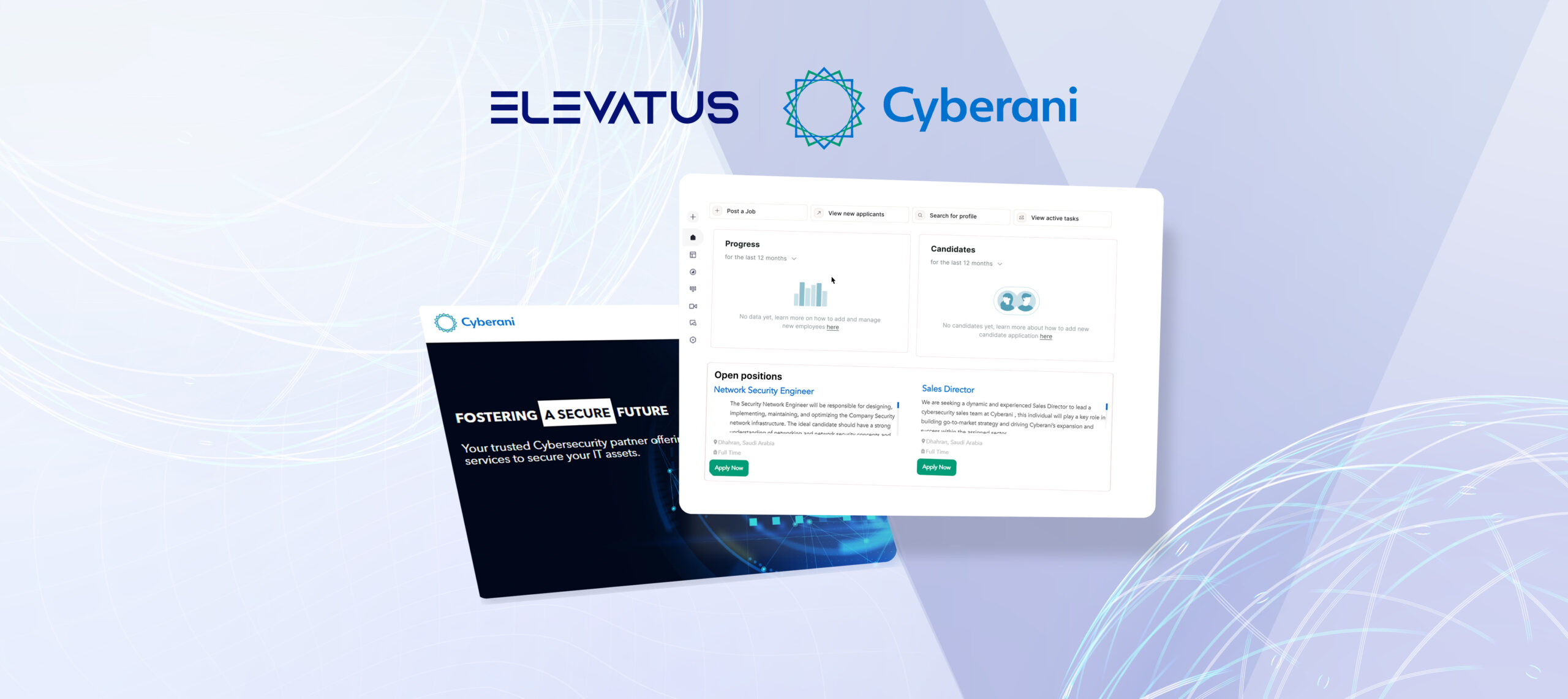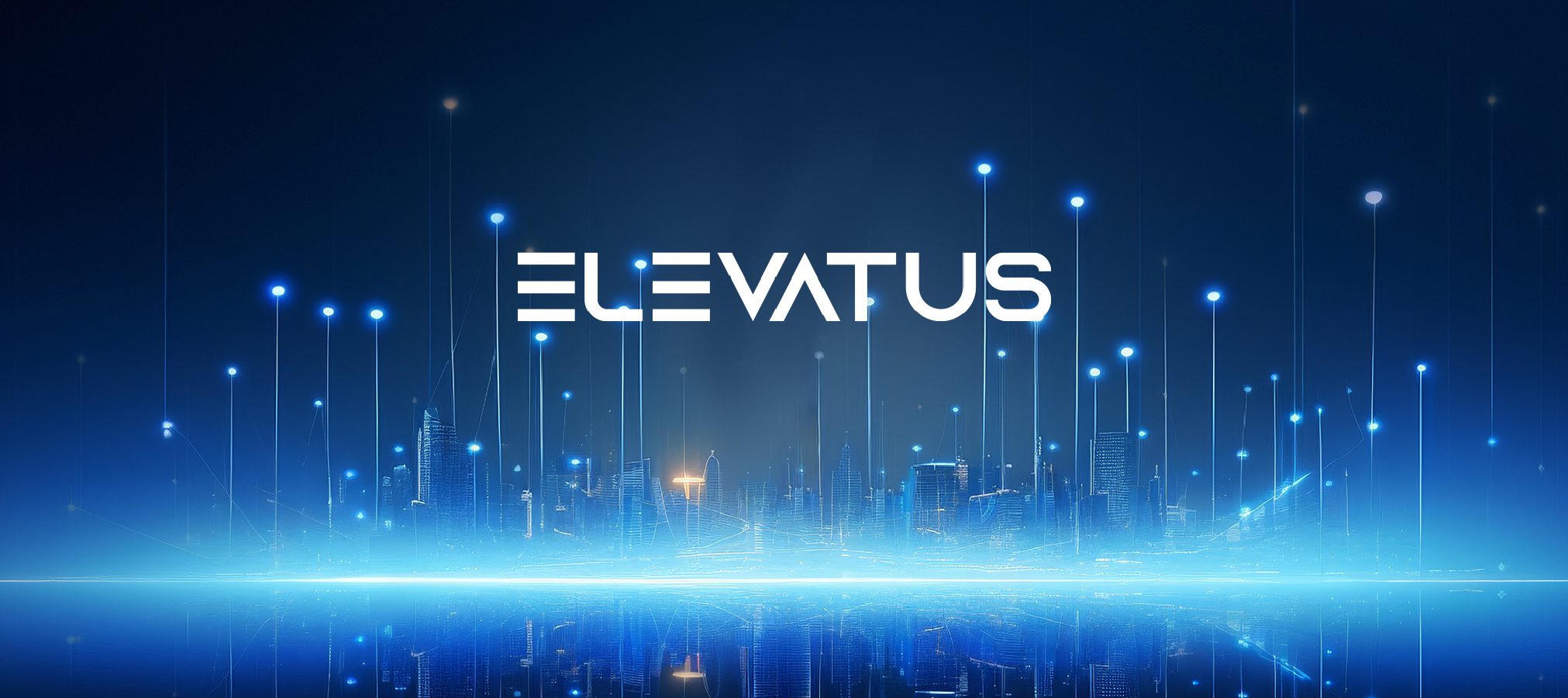
Intangible rewards definition
November 24, 2023
Elevatus
Content Writer
Intangible rewards are non-material forms of recognition and motivation. They hold no monetary value, yet significantly impact employee satisfaction and morale. Examples include praise, professional development opportunities, flexible work arrangements, and a positive work environment. These rewards foster a sense of achievement, belonging, and appreciation, enhancing workplace productivity and loyalty.
Types of intangible rewards
Intangible rewards, vital for fostering a positive workplace culture, are non-monetary incentives that acknowledge and motivate employees. Unlike tangible rewards like bonuses or gifts, intangible rewards focus on emotional and professional fulfillment. The key types include:
- Praise: Simple yet powerful, personal commendation for a job well done boosts morale and self-esteem.
- Thanks: Expressing gratitude, whether privately or in team meetings, for an employee’s efforts or contributions.
- Public Acknowledgment/Recognition: Highlighting an individual’s achievements in a public setting, like company meetings, newsletters, or social media.
- Lunches and Dinners Out: Inviting employees for meals as a gesture of appreciation and team bonding.
- Encouragement to Pursue Ideas: Supporting employees to explore and implement their innovative ideas, showing trust in their creativity and judgment.
- Personal Development Opportunities: Offering training, workshops, or seminars to aid in their professional growth and skill enhancement.
The benefits of intangible rewards
Intangible rewards offer significant long-term benefits in the workplace. Primarily, they serve as powerful motivators, enhancing employee engagement and dedication. Unlike monetary incentives, these rewards, such as recognition or opportunities for personal growth, tap into intrinsic motivation, driving employees to perform better out of genuine interest and commitment rather than for external rewards. This aspect is particularly crucial as it fosters a sustainable work ethic and passion that persists even if the rewards are discontinued.
Furthermore, the cost-effectiveness of intangible rewards is a notable advantage. They require minimal to no financial investment yet yield substantial returns in terms of employee satisfaction and productivity. By focusing on non-monetary forms of appreciation and encouragement, organizations can maintain a highly motivated workforce without incurring significant expenses, making intangible rewards both practical and impactful.
Dive into the world of HR without getting lost in the jargon! In a field about nurturing talent, there’s no room for confusion around the latest terminology.
Introducing our comprehensive Glossary. This is more than just a dry catalog of definitions; it’s a treasure trove of knowledge that unveils the heart and soul of each term.
Discover our ever-expanding collection of Recruiting Definitions within the HR domain today!
Turn top talent to employees fast
Hire, assess, onboard and manage top talent for every job. See how Elevatus streamlines everything; from acquire to new hire.
Request a demoAuthor
Elevatus
Don't miss a thing!
Stay one step ahead. Subscribe and get the latest updates, news, and insights from Elevatus straight to your inbox.





